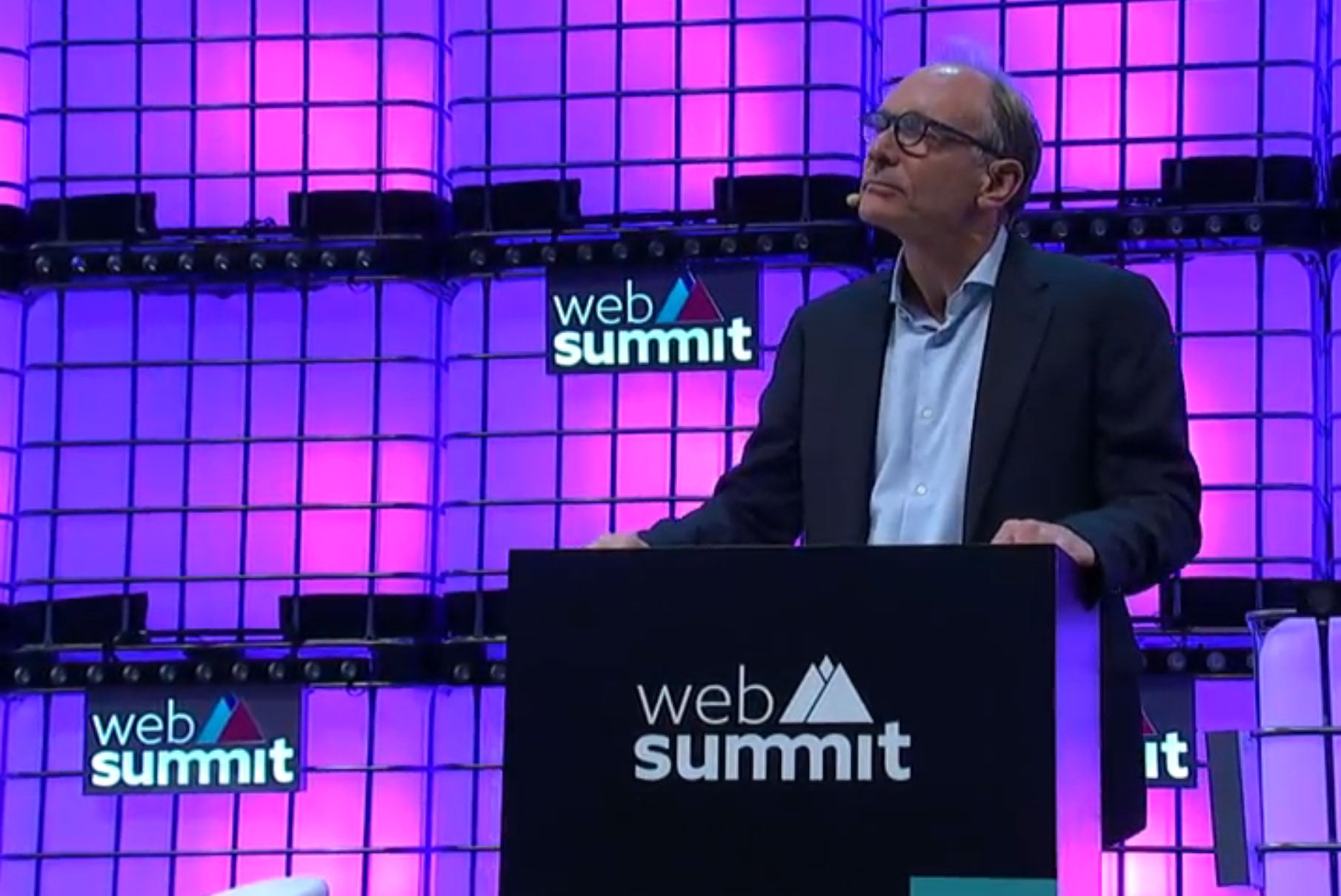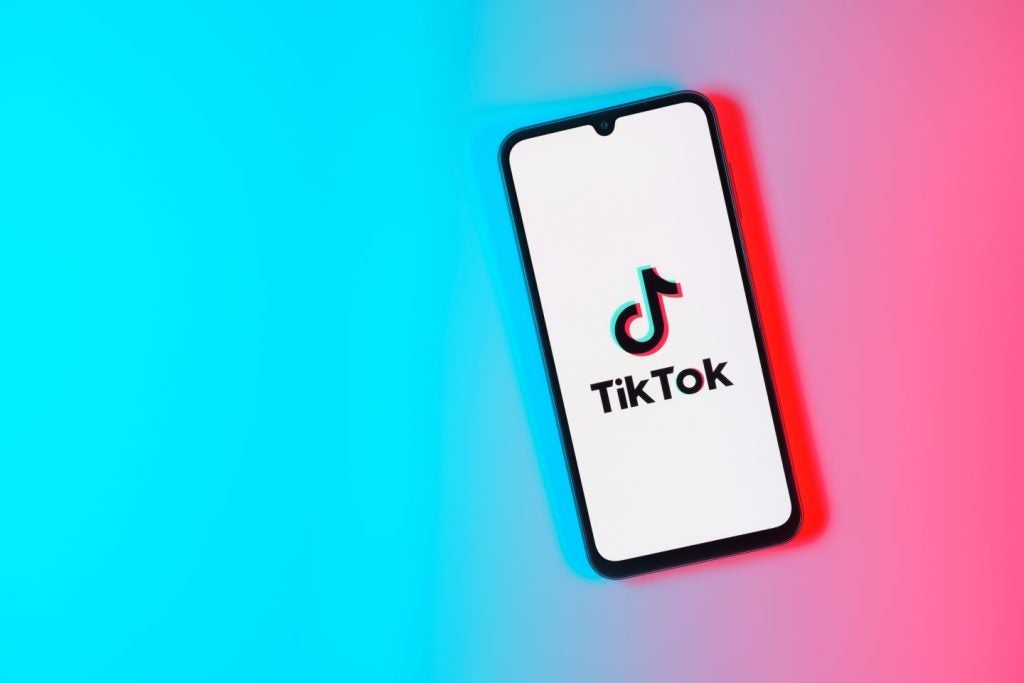
The creator of the World Wide Web, Tim Berners-Lee, has unveiled a “contract” to fix the web so that not only are issues including fake news and cyberwarfare are tackled, but that the half of the world not currently online can gain access.
Unveiling his plan at the opening night of Web Summit in Lisbon to a thousands-strong crowd including government leaders, tech developers and industry experts, Berners-Lee argued that the online world faced two significant problems that threatened its future development.
“We have two things we need to do: we need to make sure that the web they have is the web that actually allows them to produce: it’s the web they want, it’s the web that allows them to produce the world they want and fix a lot of the huge number of issues with the existing web, and also at the same time we have an obligation to help the others get online,” he said.
Among the issues he alluded to were the rise of fake news and online interference, the lack of diversity on social networks and the growing problems surrounding both cybercrime and cyberwarfare.
His solution takes the form of a “contract for the web”, which has been developed by his non-profit the Web Foundation.
“We’ve got various principles, nine values which we think are important behind that, but we’re going to look at how, if you’re a government agency, how does that affect what you should do?
“And if you’re a company, how does that affect what you should do? And if you’re an individual: a citizen, a person, a consumer, then how does that affect what you should do?
“The idea is that everybody is responsible going forward for trying to make the web a better web in different ways.”
Tim Berners-Lee unveils contact to fix the web
The contract, which Berners-Lee unveiled with the hashtag #fortheweb, at present only exists as a series of ideas, but will be developed with input from a host of stakeholders over the next few months.
“It’s currently a set of principles, it will be a text – the idea is between now and next May that we open it up to lots of people to join and lots of people to discuss. We have working groups about various bits and pieces,” he said.
The idea is that governments and companies will sign up to the contract, as will individuals.
“I am asking for your help to be part of it. I am asking your companies, your government agencies and yourselves. The whole idea is to fix two huge problems that we have: the people who are online and the people who are not online.”
How the contract will work
The contract will place different responsibilities on different groups, all with the common goal of improving the online world.
“When you look at governments, for example, you should protect things that are in the public interest, protect the internet, encourage diversity,” he said.
“If you’re a company, design the web so that when people meet in your social network, they are constructive, design it so that they don’t just meet people like themselves. Design it so they meet other people, they get to know people of different cultures.”
For individuals, there is both a responsibility to behave constructively and put pressure on companies and governments to support the initiative.
“If you’re a citizen, there’s two parts to it. Online you should behave nicely, constructively, you should work, put in effort like the people who make Wikipedia and try to work towards truth. Don’t be swayed, swept off into undercurrents of hated-filled untruth,” he said.
“But also as an individual you need to hold those companies accountable, and you need to hold those governments accountable.
“A lot of them, we hope will end up signing this contract. [But] we need your help. Together we can do it.”







